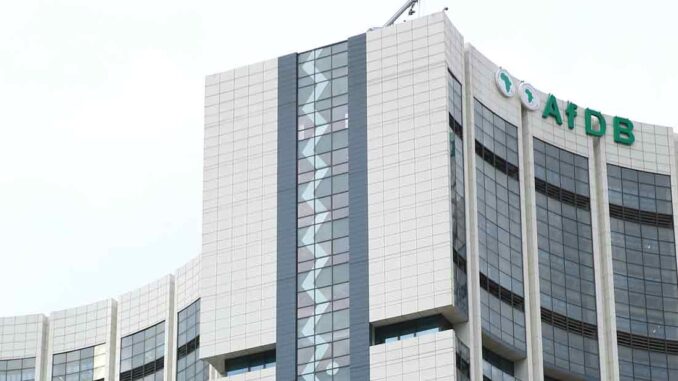
Nigeria’s cabinet has approved a $1 billion concessionary loan from the African Development Bank (AfDB) to bolster budget financing in the country.
- The AfDB loan will fetch an interest rate of 4.2% for 25 years with eight-year moratorium.
- Nigeria’s cabinet also approved a cap of 2 trillion naira for refinancing expensive government debt, aiming to reduce debt servicing costs.
- Nigeria’s debt service-to-revenue ratio in 2023 stands at 73.5 per cent.
This was disclosed by Finance Minister Olawale Edun at the State House correspondents on Monday after the council meeting presided over by President Bola Tinubu at the Presidential Villa, Abuja.
The AfDB loan will fetch an interest rate of 4.2% for 25 years with eight-year moratorium.
What the minister said:

“There was financing of $1billion concessional financing, 25 years, eight years moratorium at about the same for 4.2% per annum, which was approved by the African Development Bank for this administration,”
“It was in recognition of the macro-economic measures that have been taken, the swift movement towards macro stability, restoring revenue, improving the foreign exchange situation, and so forth, that have been taken by this government,”
“The reward, as far as the African Development Bank, a concessional financing organization, was to provide $ 1 billion in general budget support.”
Nigeria’s minister also noted that the Federal Executive Council approved a cap of 2 trillion naira for refinancing expensive government debt, aiming to reduce debt servicing costs. Edun says this could save Nigeria about N50 billion or more in debt servicing.
Nigeria has been spending the bulk of its revenue on debt service due to several factors including low tax collection. Nigeria’s debt service-to-revenue ratio in 2023 stands at 73.5 per cent.
“In order to keep working hard and maximizing the ability of the government to use the markets and to take advantage of different situations and improve situations, the Federal Executive Council approved a total limit of N2 trillion to be available for use by the Ministry of Finance to go in and out of the market and essentially to, where possible, bring down the rate of interest on the current outstanding,”
“So essentially, it will be refinancing and the view is that there will be an opportunity to save about N50 billion or more in debt servicing over time by giving back expensive debt refinancing with cheaper funding,” he said
Since assuming office in May, President Bola Tinubu has initiated reforms to rejuvenate Africa’s largest economy, which had declined for almost a decade. These reforms include the elimination of its expensive fuel subsidy and the liberalisation of the foreign exchange market, resulting in a devaluation of the naira by over 40%.
Copyright Business Insider



